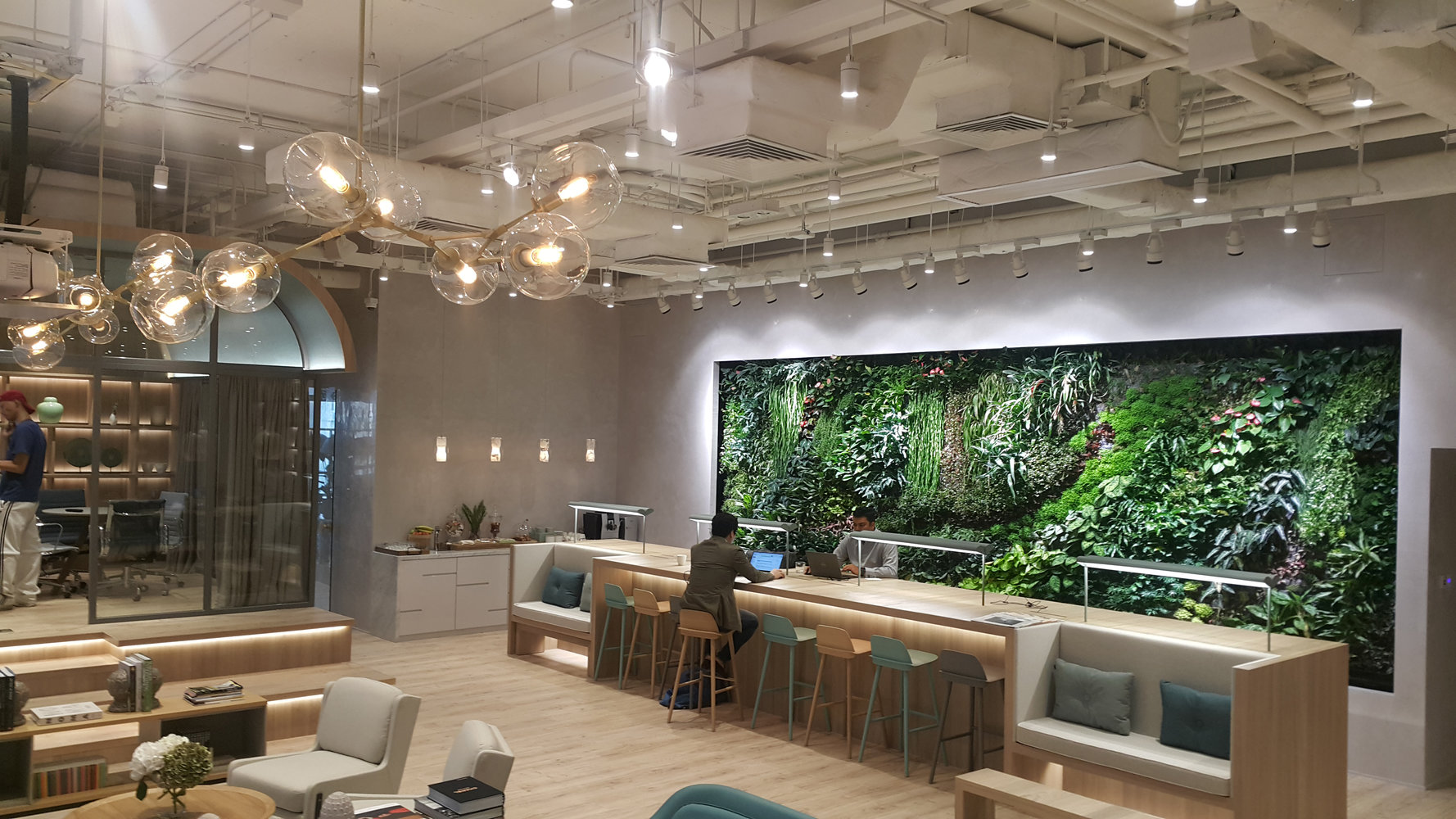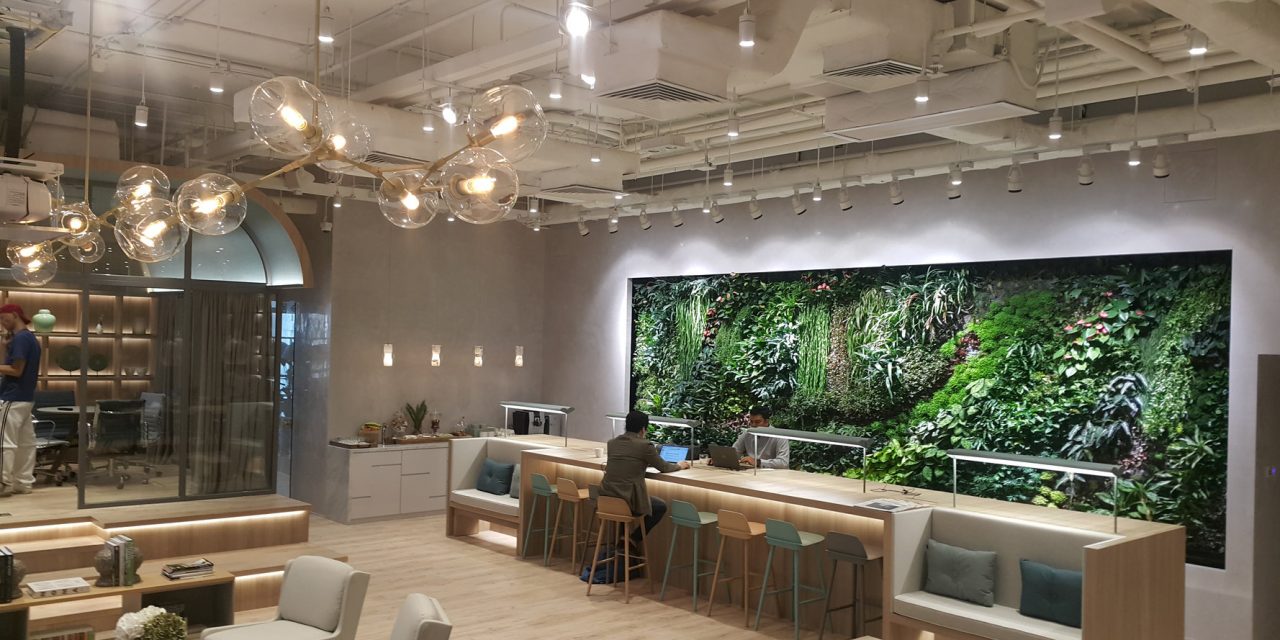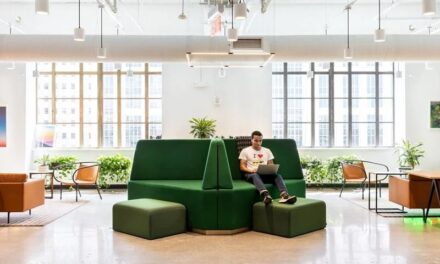People around the world are becoming increasingly entrepreneurial and embracing alternative forms of employment. In fact, according to a report by software company Intuit, “In the U.S. alone, contingent workers will exceed 40 percent of the workforce by 2020.”
Along with changing the career trajectories of countless individuals, the restructuring of our economy will also change how and where we work. Fewer individuals will be required to make daily commutes to their drab office cubicles. It’s becoming increasingly possible to choose to work from whichever workplace best fits your needs.
As a freelancer or bootstrapping entrepreneur, there are three popular options — home, cafes, or coworking spaces. Choosing a workplace is a very personal decision. Which option is best for you? Considering the following advantages and disadvantages of each workplace will help you make the right decision.
Working At Home

Working from home is often the go-to option for solopreneurs and beginning freelancers. The biggest advantage of working from home is also the most obvious — you’ll save money. Despite being the cheapest option, working from home also gives you the most flexibility.
Working in your home office allows you to work anytime you’d like, anyway you’d like. You can work in your pajamas, or rock a tailored suit. You can customize your workspace with a walking desk, adjust your home office’s lighting, or add decorations that inspire you.
Depending on your living situation, you may also have complete control of the environmental noise while you work (or not!). Many home office workers enjoy the ability to work in complete silence or use their favorite artificial noise to stimulate their creativity.
Of course, sticking with the home office and ditching your commute isn’t all rosy. There’s a number of not entirely obvious problems that come along with working at home. For one, consider that there’s less of an opportunity to get primed by your environment to work.
When you commute to your favorite coffee shop or coworking space each day, it helps you mentally prepare. Entering a new environment to work can help prime you and your brain to hustle and be creative too.
Distractions are another big downside of the home office — laundry, your partner, roommates, the list goes on and on. These distractions, along with the home office’s isolation and poor accountability factor can lead to disaster.
You’ll begin the morning with the intent to work, and then find that somehow you’ve just capped a 45 minute Reddit session watching a man run outside with his plunger to plunge Hurricane Harvey. Hey, it happens to the best of us.
The worst part of working at home, however, is that it can be difficult to mentally switch off at the end of the day. Try relaxing after you’ve just spent 8-10 hours doing client work in your spare bedroom or home office.
Overall: The home office can be a great choice for those on extremely limited budgets. The incredible freedom to customize your work environment is a huge reason affiliate marketer Pat Flynn and podcasting god John Lee Dumas recommend the home office.
Yet, it’s important to also acknowledge the very real downsides of working at home. There’s no place to meet clients, the distractions of the home always find a way to call, and there’s a real risk of becoming a workaholic with no work/life separation.
Cafes

Working from coffee shops is perhaps the most popular choice amongst remote workers. There’s a lot to love about working in coffee shops. A quick commute to your favorite coffee shop gives you a chance to get out of the house.
Heading to the coffee shop also puts some space between your work and home life. Best of all, many coffee shops have a mild amount of ambient noise that can stimulate your creativity. Under ideal circumstances, coffee shops may offer the best bang for your buck. Unfortunately, working from coffee shops leaves a lot of factors up to luck.
Environment — Cafes sometimes blast their music or have rowdy customers.
Reliability — Even upscale cafes can sometimes have wifi issues.
Seating — You may be unable to find a seat, be forced to sit in a noisy area, or only able to sit at a table with no power outlet.
Security — Potentially having your bag snatched when you go to the bathroom or having passwords stolen through the public wi-fi.
Unsupportive Cafe Culture — Some coffee shops actively discourage you from working. Coffee shops in busy areas may find coffee shop squatters bad for business (you can get around this to some extent by not spreading out your things, making purchases every 1-2 hours, or trying to go to the shop during off-peak hours).
Overall: Coffee shops are a Tim Ferriss (author of the 4-Hour Workweek) approved place to work. Under ideal circumstances, cafes may also be the best value place to work. Working at cafes may provide inconsistent results, however, and depending on your location, may leave you with perpetual anxiety you’ll be asked to leave or keep buying more things.
Coworking Spaces

Coworking spaces are the hot and modern place for entrepreneurs and freelancers to hustle. The most common seating arrangements at coworking spaces are shared tables or shared “hot desks” that are available on a first-come first-serve basis. Coworking spaces do, however, sometimes have designated desks or private offices for rent.
Joining a coworking space has countless benefits. Coworking spaces have community events and potential networking opportunities that could change the entire trajectory of your career. Or, at the very least fight off the home office’s social isolation and lack of a professional image.
Coworking spaces are superior to cafes in some ways as well. Coworking spaces typically have faster wifi, more comfortable chairs, and cooler amenities. Free beer or on-site daycare? No problem.
Unsurprisingly, coworking spaces also tend to have the best work environments. Focusing on your work is a lot easier when you’re surrounded by other ambitious people building up their businesses alongside you.
Of course, no work arrangement or workplace is perfect. Coworking memberships are usually more expensive than working at home or a coffee shop office (though much cheaper than renting traditional office space!). Like coffee shops, coworking spaces can also have limited opening hours.
Not all coworking spaces are meant for all people either. Some coworking spaces have a dreary atmosphere or lack members you vibe with. Depending on where you live, a coworking space may or may not be reasonably close to you either.
Overall: Coworking memberships are usually a little more expensive than other potential work arrangements, but are still much cheaper than renting a traditional office space. Coworking spaces also offer the best work environment, amenities, and networking opportunities of any workplace.
If your budget extends past Ramen noodles, there’s a good chance a coworking membership will be a good investment in your startup or freelancing business — provided you choose the right space. Fortunately, here at coworker.com we have search filters to help you find the perfect space for you.
Whether it’s free beer, standing desks, or 24h-access, we’ll help you find a nearby coworking space that meets all your needs.
Conclusion
Everyone works best under different circumstances. The type of work you do, and what stage of your career you’re at will also influence the best workplace for you. Early in your career you may enjoy the cost savings of a home office, while later in your career the networking benefits of a coworking space alone are likely to outweigh the monthly membership cost.
One thing is certain, however. It’s impossible to know how you’ll work best without doing some experimentation. Most of us have already worked from home or a coffee shop before. With over 5000 coworking spaces on coworker.com, many of which offer free day passes, why not try coworking today?









